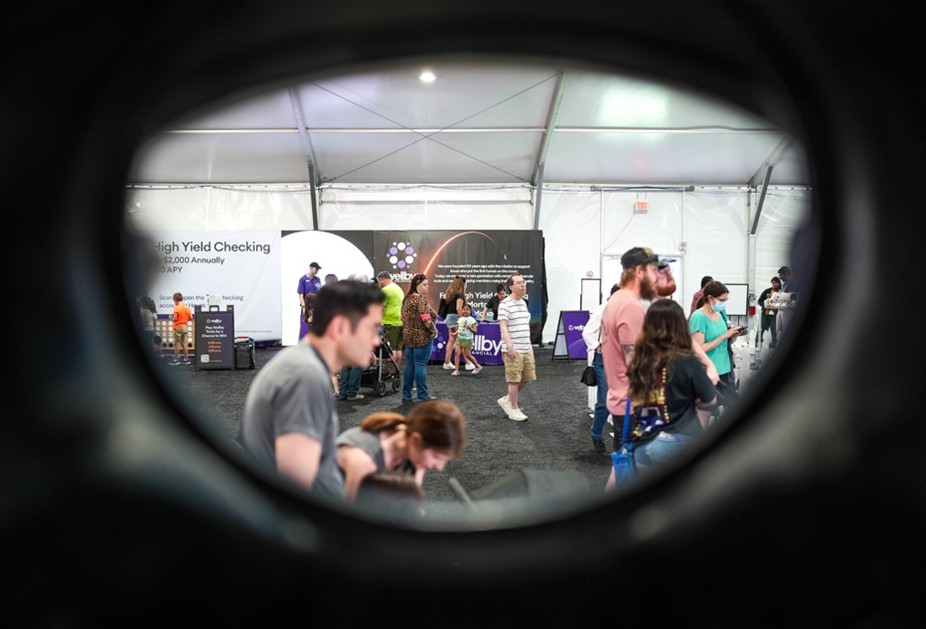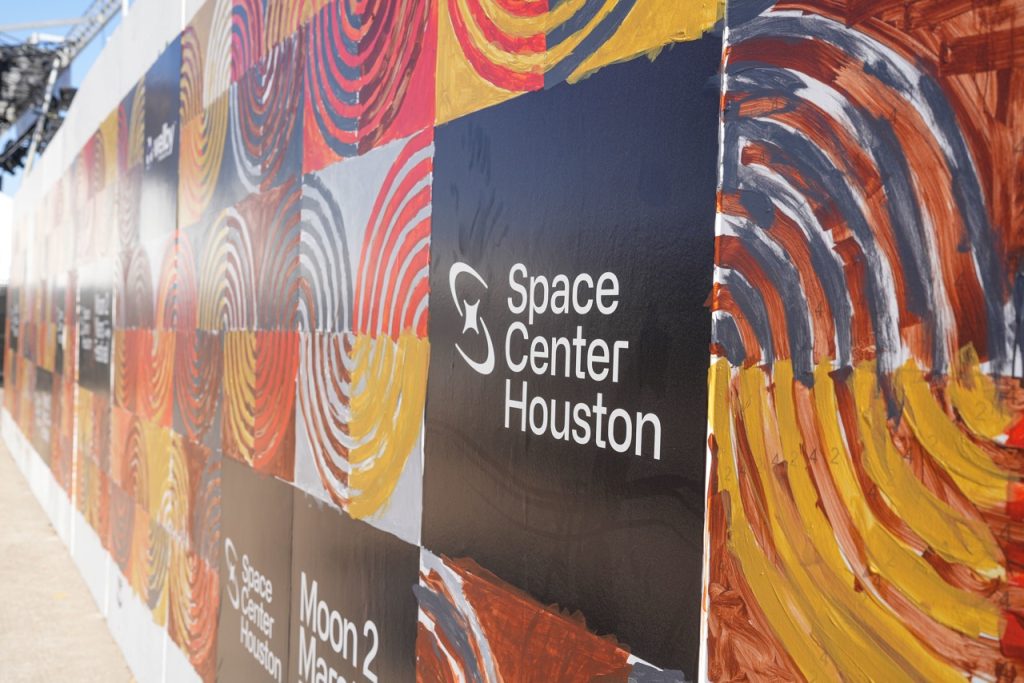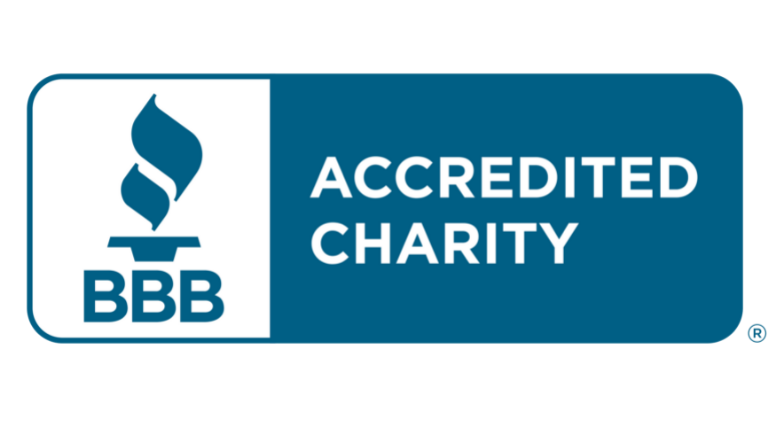Before NASA’s Space Launch System (SLS), there was Ares.
In 2004, the Vision of Space Exploration was put forth, committing NASA astronauts to return to the Moon and continue on to Mars. This meant that NASA needed to develop a new launch architecture system.
On Oct. 28, 2009, nearly five years later, and on the 48th anniversary of the first Saturn I launch, the Ares I-X rocket stood ready to answer the call. It was the first (un-crewed) flight test of the new Ares I crew launch vehicle, and a part of NASA’s next great leap, called the Constellation Program.
This program aimed to carry crewed missions back to the Moon…this time with the intention to stay and develop a lunar outpost. Sound familiar?
While the Ares I-X rocket was ready to liftoff on Oct. 28, its launch was delayed until the following day due to inclement weather. When the rocket launched on Oct. 29, NASA and Ares I-X managers celebrated its success. The test flight of the Ares I-X achieved all of its primary objectives, yielding invaluable answers to questions about its performance.
Despite the test being hailed as a success, there was one slight flaw, which occurred just after the first stage burned through all its fuel and separated from the dummy stage. One of the three main parachutes collapsed and a second partially collapsed. This was later attributed to premature activation of the device that severs the reefing lines.
Also a part of NASA’s Constellation Program were the Ares V launch system, the Orion crew exploration vehicle, and the Altair lunar lander, all of which were under development when funding for the program was cut. In 2010, NASA’s Constellation Program was cancelled.
Although the Constellation Program ended abruptly, NASA did not abandon the idea of returning to the Moon and pushing on to Mars, and has even put one of the key components of Constellation, the Orion spacecraft, at the forefront of their renewed efforts to return. With the help of the new Space Launch System (SLS) rocket, NASA plans to return to the Moon with Orion in the near future, with an uncrewed flight test tentatively scheduled for 2020.
Similar to the Constellation Program, NASA’s future exploration missions aim to establish a human presence in deep space, which includes a lunar outpost. The SLS is NASA’s new launch architecture that will be able to send astronauts and cargo to the moon in one trip.
Among some of the unique features of the system is that it will be “flexible” and “evolvable” for future missions. The first integrated flight test of the Orion spacecraft and NASA’s Space Launch System (SLS) will occur with Exploration Mission-1.
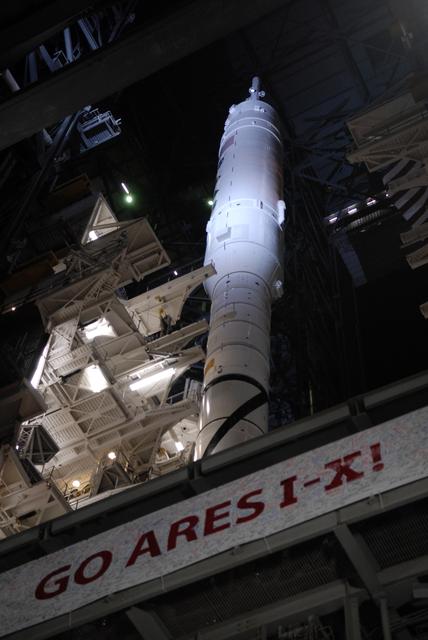
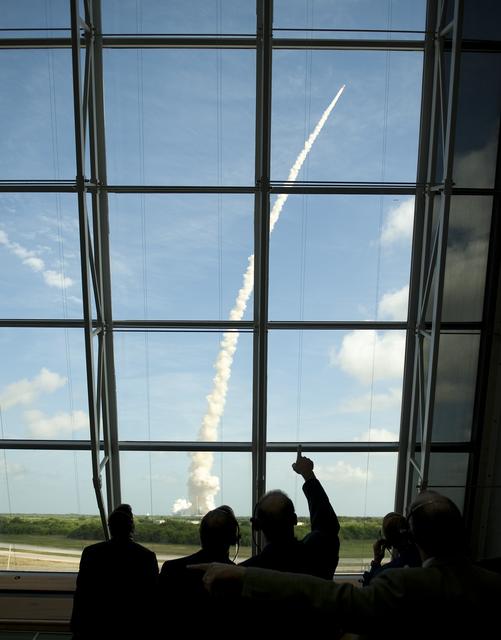
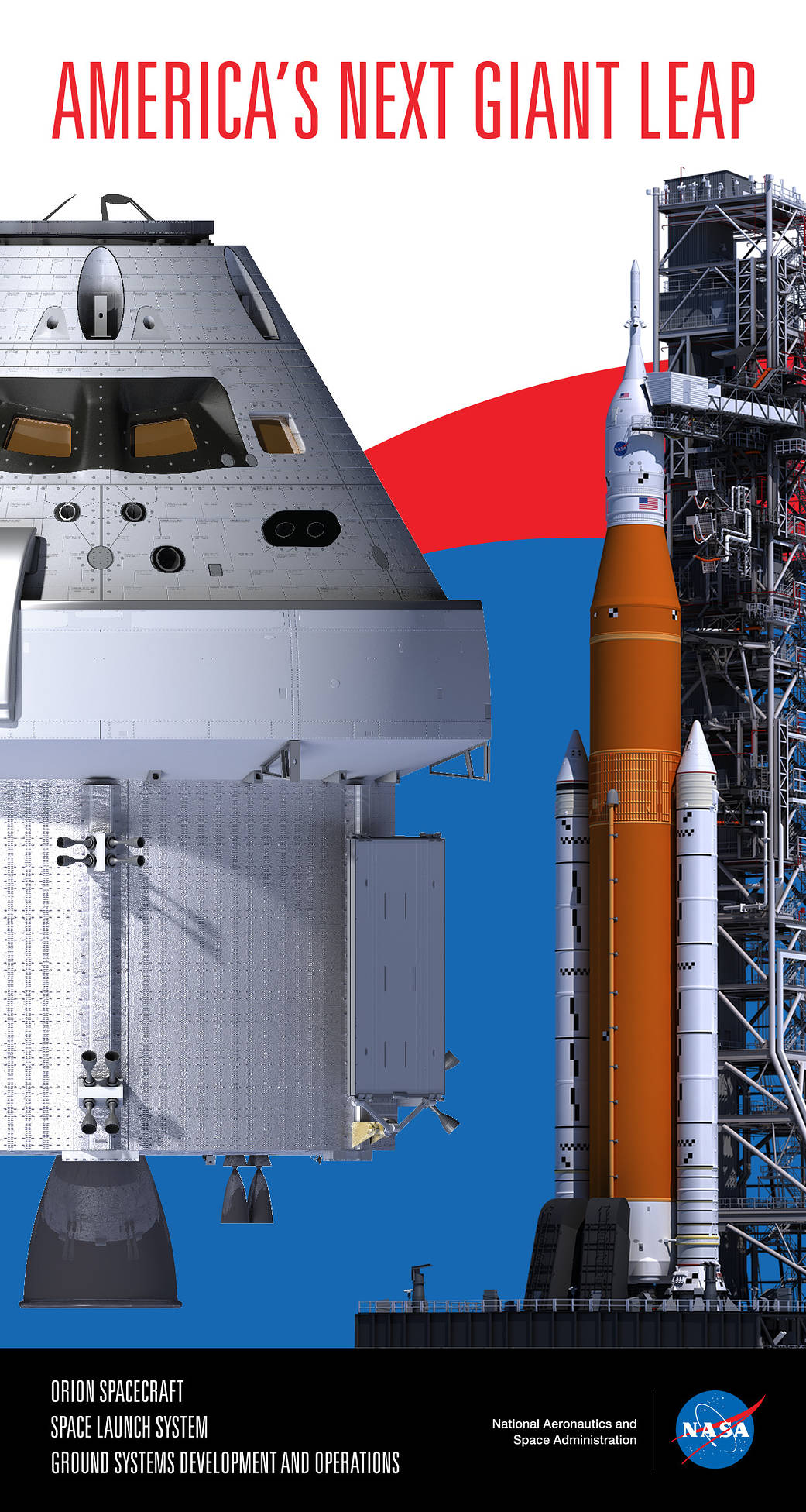
NASA very recently released the following update about its current progress on Orion, SLS, and the future of deep space exploration:
“NASA continues to make steady progress towards the first missions of the Orion
spacecraft and the Space Launch System (SLS) rocket that will lead the next steps of human exploration to the Moon and beyond, extending human exploration farther into space than ever before. Exploration Mission-1 will be the first integrated test of Orion, SLS, and the supporting ground systems launching from Kennedy Space Center in Cape Canaveral, Florida in 2020, and will pave the road for future missions with astronauts.”
Take a minute to commemorate this historic achievement by watching this highlight video of the Ares I-X test flight (watch the full launch here). As NASA claimed of the Constellation Project, “The greatest adventures always begin with a small step.”

